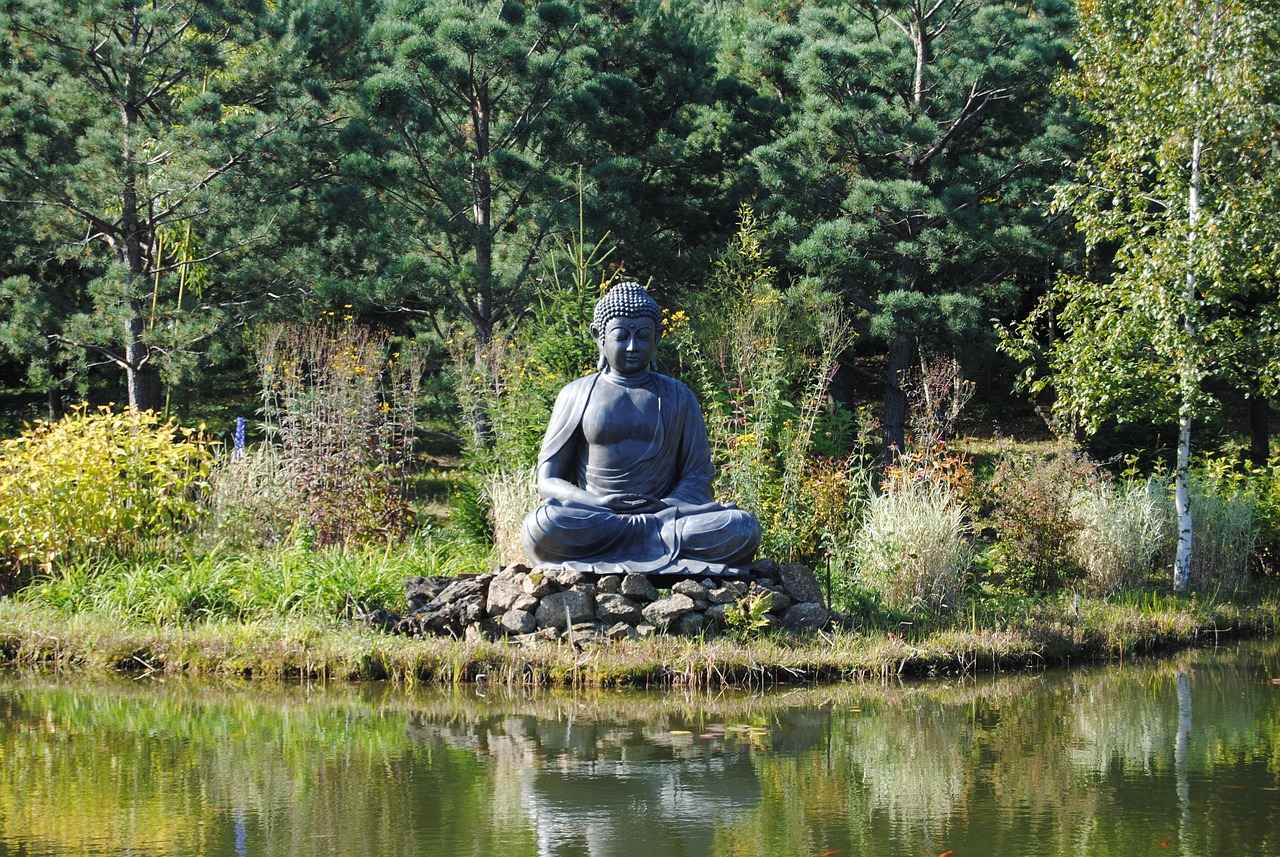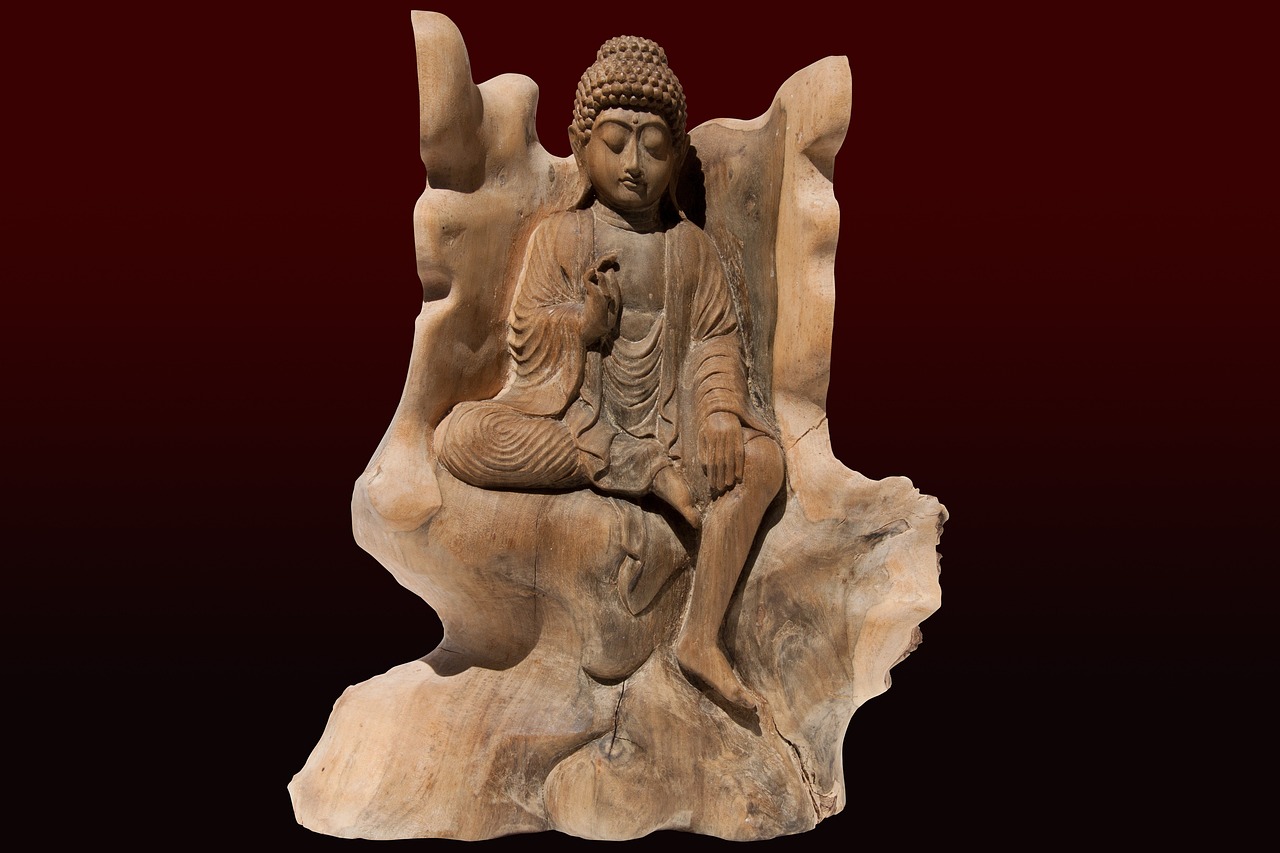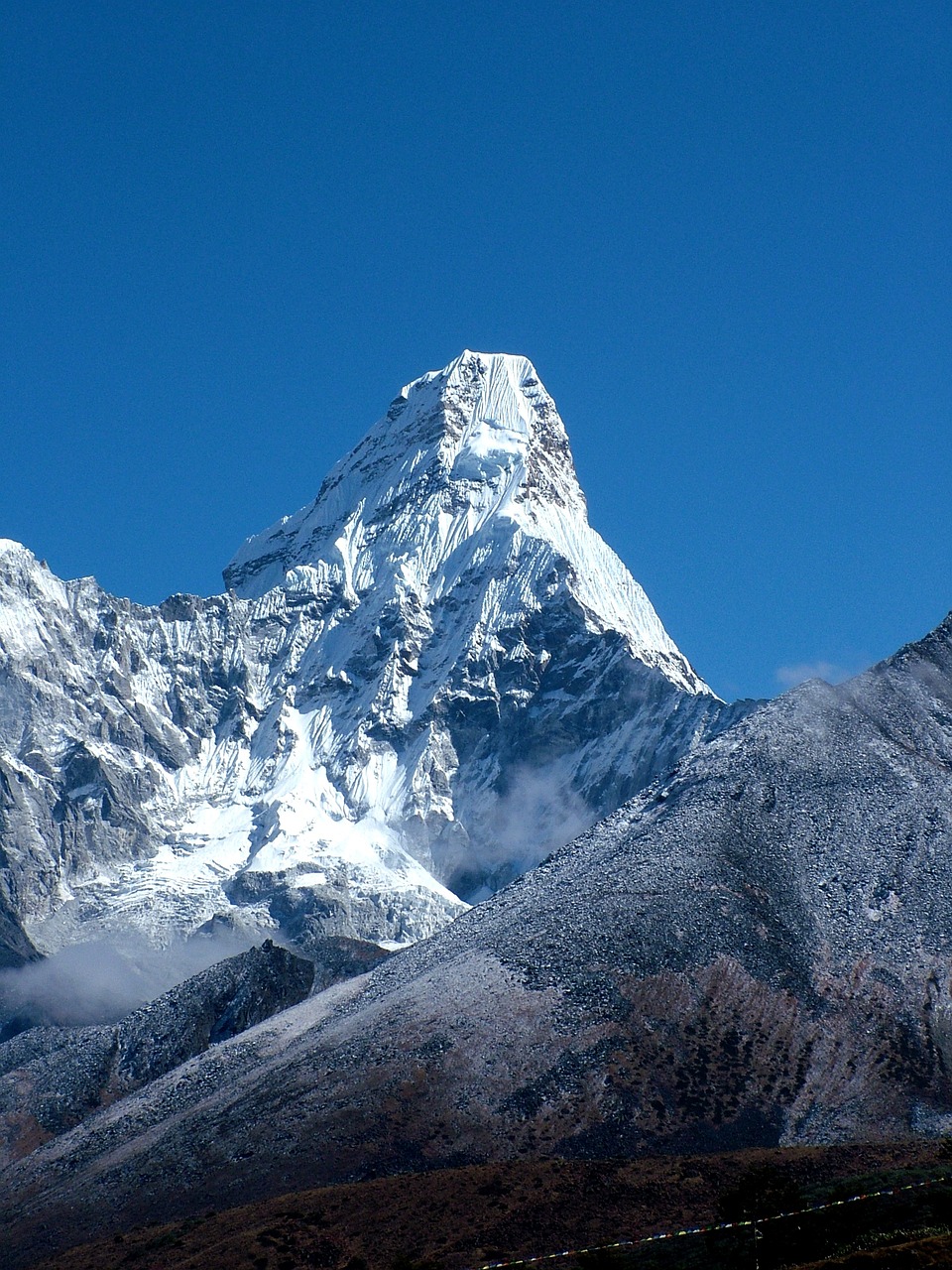Nepal Video
Maintaining Work-Life Balance in Nepal
Maintaining a healthy work-life balance is crucial for overall well-being and productivity. In Nepal, a country known for its rich cultural heritage and stunning natural beauty, it is important for individuals to find a balance between their professional and personal lives. This article explores various aspects of maintaining work-life balance in Nepal and provides valuable insights for individuals seeking to achieve harmony in their lives.
Understanding Work-Life Balance
Work-life balance refers to the equilibrium between work-related commitments and personal life responsibilities. It involves effectively managing time, energy, and resources to ensure that both work and personal life receive adequate attention. Achieving work-life balance is essential for reducing stress, enhancing productivity, and promoting overall happiness and well-being.
The Importance of Work-Life Balance in Nepal
In the context of Nepal, maintaining work-life balance is crucial for several reasons. The country’s vibrant culture, breathtaking landscapes, and diverse traditions offer numerous opportunities for individuals to explore and engage in recreational activities. Focusing solely on work can lead to burnout and prevent individuals from fully experiencing the beauty and richness of Nepal.
Furthermore, Nepali society places great importance on family and community. Balancing work and personal life allows individuals to foster stronger relationships with their loved ones and actively participate in community events and celebrations. It also promotes mental and physical well-being, reducing the risk of stress-related health issues.
Challenges to Work-Life Balance in Nepal
While Nepal offers a favorable environment for work-life balance, several challenges exist that can hinder individuals from achieving this equilibrium. The country’s developing economy and competitive job market often create high work demands and long working hours. Additionally, commuting in Nepal’s urban areas can be time-consuming and stressful, further impacting work-life balance.
Cultural expectations and societal norms may also contribute to challenges in maintaining work-life balance. Traditional gender roles and expectations can place additional responsibilities on individuals, especially women, making it challenging to balance work and personal life effectively. It is important to be aware of these challenges and actively work towards overcoming them.
Strategies for Work-Life Balance in Nepal
1. Prioritize and Delegate: Identify your priorities and focus on the most important tasks. Delegate non-essential tasks whenever possible to create more time for personal activities.
2. Set Boundaries: Establish clear boundaries between work and personal life. Avoid bringing work-related stress and tasks into your personal time.
3. Time Management: Efficiently manage your time by setting realistic goals and deadlines. Utilize time management techniques, such as the Pomodoro Technique, to enhance productivity and create time for leisure activities.
4. Take Breaks: Regularly take short breaks during work hours to relax and recharge. Use this time to engage in activities that help you unwind and rejuvenate.
5. Flexible Work Arrangements: Explore flexible work arrangements, such as remote work or flexible working hours, to create a better work-life balance.
6. Supportive Workplace Culture: Advocate for a supportive workplace culture that values work-life balance. Encourage open communication and promote employee well-being initiatives.
7. Engage in Hobbies and Recreation: Dedicate time to engage in hobbies, sports, or recreational activities that bring you joy and relaxation. Explore Nepal’s natural beauty through hiking, trekking, or visiting national parks.
8. Nurture Relationships: Prioritize spending quality time with family and friends. Plan regular social activities and create meaningful connections with loved ones.
9. Practice Self-Care: Take care of your physical and mental health by engaging in regular exercise, practicing mindfulness or meditation, and getting enough sleep.
10. Seek Support: Reach out to support networks, such as friends, family, or professional counselors, to discuss challenges and seek guidance in maintaining work-life balance.
Nepal Image 1:

Work-Life Balance and Nepali Culture
Nepali culture and traditions emphasize the importance of a balanced life. The concept of “Ramailo Jindagi” (meaning “enjoyable life”) is deeply ingrained in Nepali society. It encourages individuals to find joy and fulfillment in both work and personal life.
The concept of “Dal Bhat Power, 24 Hour” reflects the Nepali belief in the importance of a balanced diet and lifestyle. It signifies the need to nourish the body and soul equally, emphasizing the significance of work-life balance.
Nepal’s festivals and celebrations provide opportunities for individuals to take breaks from work and immerse themselves in cultural activities. Festivals like Dashain and Tihar bring families together, fostering a sense of unity and promoting work-life balance.
Nepal Image 2:

Work-Life Balance Initiatives in Nepal
In recent years, various initiatives have emerged in Nepal to promote work-life balance and employee well-being. Some organizations have introduced flexible working hours, remote work options, and wellness programs to enhance work-life balance.
The government of Nepal has also recognized the importance of work-life balance and has implemented policies to support it. The introduction of maternity leave, paternity leave, and paid leave for women during menstruation are examples of initiatives aimed at promoting work-life balance and gender equality.
Benefits of Work-Life Balance in Nepal
Maintaining work-life balance in Nepal offers numerous benefits for individuals, organizations, and society as a whole. Some of these benefits include:
– Improved well-being and mental health: Balancing work and personal life reduces stress, anxiety, and burnout, leading to improved mental health and overall well-being.
– Increased productivity and job satisfaction: When individuals have a healthy work-life balance, they are more motivated, focused, and satisfied with their work, resulting in increased productivity and job satisfaction.
– Stronger relationships and social connections: Balancing work and personal life allows individuals to nurture relationships with family, friends, and communities, fostering stronger social connections.
– Enhanced creativity and innovation: Taking breaks and engaging in leisure activities stimulates creativity and enhances problem-solving skills, leading to increased innovation in the workplace.
– Reduced absenteeism and turnover: Organizations that prioritize work-life balance experience lower rates of absenteeism and turnover, resulting in higher employee retention and reduced recruitment costs.
Nepal Image 3:

Conclusion
Maintaining work-life balance in Nepal is essential for individuals to lead fulfilling and productive lives. By adopting strategies such as prioritizing, setting boundaries, and engaging in recreational activities, individuals can achieve a harmonious balance between work and personal life. Organizations and the government also play a crucial role in promoting work-life balance through supportive policies and initiatives. By valuing work-life balance, individuals, organizations, and society can thrive together.
References
– Ministry of Labor, Employment and Social Security: labor.gov.np
– Nepal Tourism Board: nepal.travel
– Central Bureau of Statistics, Nepal: cbs.gov.np
– World Health Organization – Nepal: who.int/nepal


